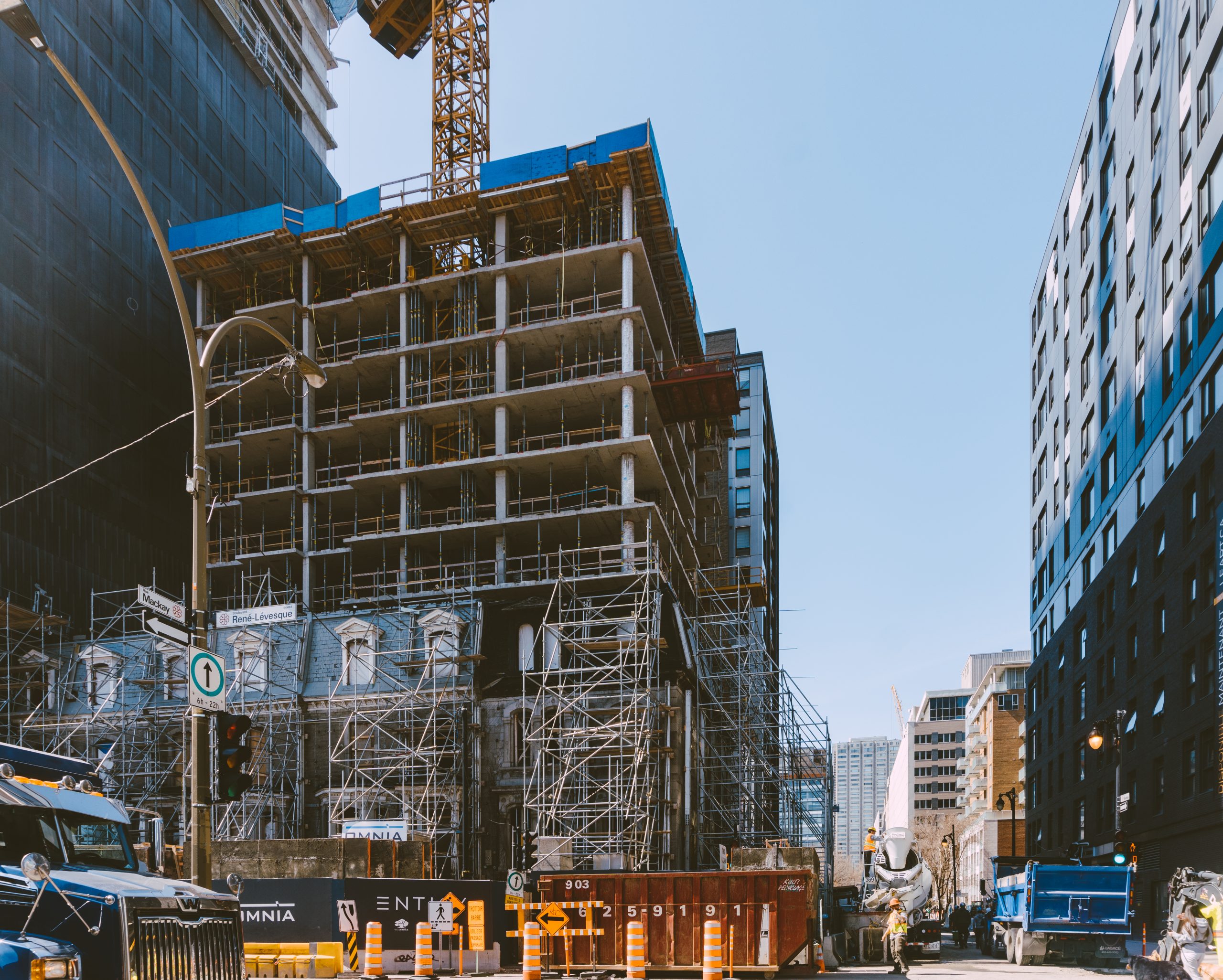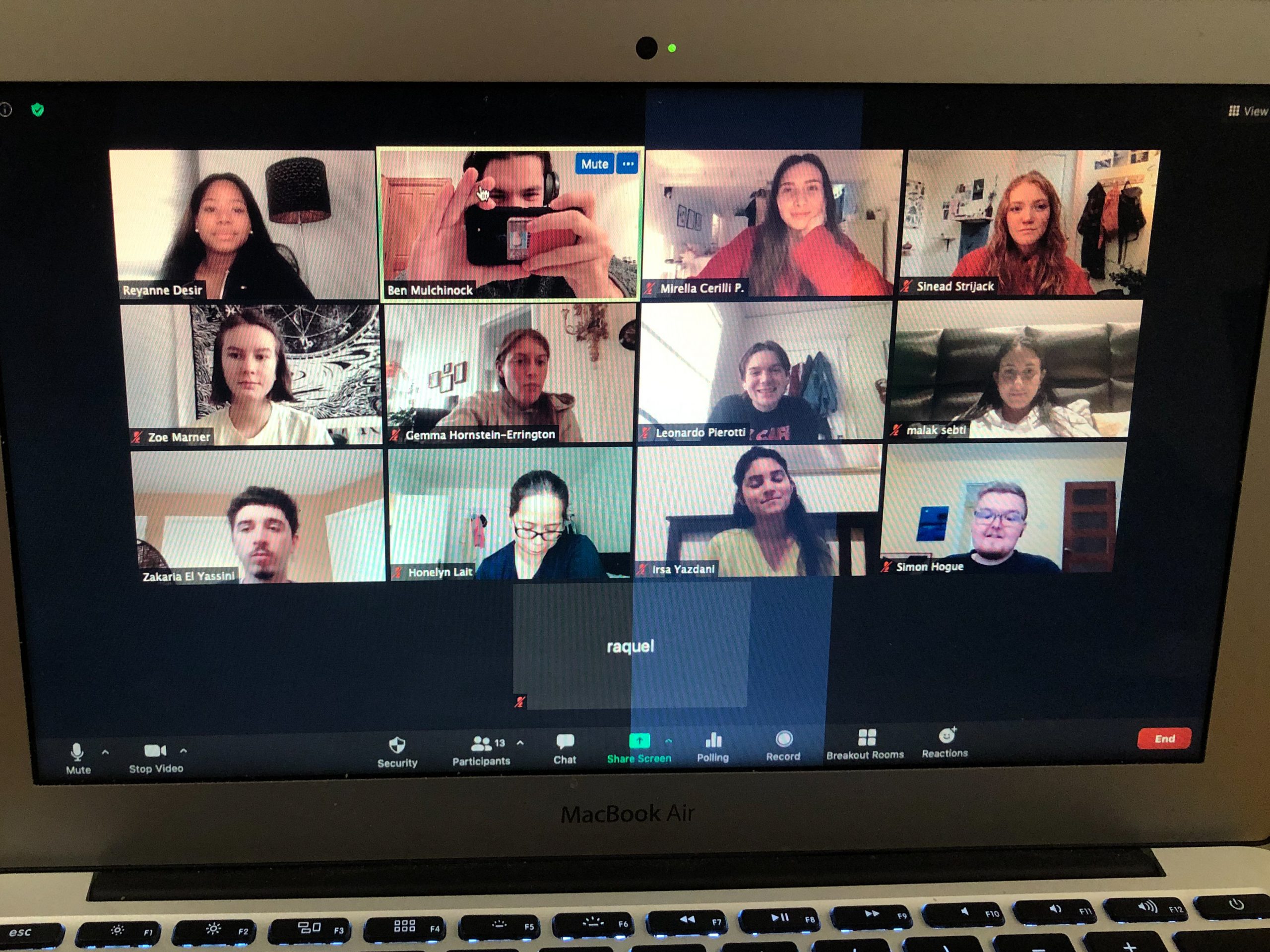I realize that this is way long, but perhaps it might make a column type thingie. In any case, I thought I’d send it along. Let me know if you use it.
——–
To certain students of Concordia,
You have no Rights.
If you were dropped naked into the ocean, hundreds of miles from any hope of rescue, you could scream all you like about being a victim and having the Right to life, but the sharks won’t listen. If you found yourself in the middle of a desert you have no Right to water, food, shelter, or anything else you might think of as a necessity of life. That is reality, there are no natural rights.
To bring it a little closer to home, the only thing standing between me being offended by you and you ending up in teensy little pieces is a completely artificial construct. The only thing that keeps some of our baser instincts in check is not morality, not the fear of god, not some amorphous concept of being “nice.” It is the law. Society took reality and added a set of rules, putting it in place for the sole purpose of making living among other people possible (and on occasion, enjoyable). We obey the law because we know that if we do, most people will follow the same fabricated set of rules and we will be able function as a community of sorts. We are also comforted by the idea that if someone decides that they may function outside of the law, we as a society can make war on that individual and use almost any force we feel happy with to take away his money or to throw that person in jail.
So when people start talking about the hallowed Rights that they hold so dear, what they are actually talking about is a tacit agreement to accept the protection of general society in certain limited circumstances. In return, those people, whether they like to think of it or not, have certain duties to their fellow community members. You have no Rights. You have privileges, and with those privileges come obligations.
And that so-called right to free speech? Well, over the centuries various political and legal philosophers came to the tentative conclusion that society as a whole was best served if all citizens felt safe expressing their views in a general discourse of ideas. Science, philosophy, art, and even commerce would have a better chance to flourish if as many people as possible were given the opportunity to participate without fear of reprisals from other individuals or the state. The most powerful forum for this protected discourse was always assumed to be the university.
Discourse is the key word here because it seems that many activists and protesters have forgotten that a meaningful conversation means sitting down and shutting up when someone else is talking. Discourse requires a certain level of respect and deference to the thoughts, ideas, and beliefs of other people. Discourse does not mean drowning out the words of any opinions that you do not like. Such behaviour is unacceptable in a child. In a classroom, such nonsense would end our young brat some time by himself in the corner. You would think that university students would know better.
The worst of it is that the stage that these self-righteous protesters have chosen to appropriate for their personal podium is the University of Concordia. A university of all establishments has become a place where students cannot get on and learn in an institution that they paid good money join for a few years. A small, loudmouthed minority headed by the type of fools that invariably make it into student government have made it impossible for others to take part in the discourse that said minorities believe is their great and holy Right.
And when they used violence, they put themselves in a state of war with society. They put themselves above the law, demanding all of the privileges of our little corner of civilization and refusing to accept any of the obligations. Having their academic status reviewed is a pittance to what they deserve; they should be dealt with in the same way as anyone else who decides that the law does not apply in his or her case.
Concordia has been forced to take the nauseating step of temporarily shutting down the process of conversation that has always made the university institution a bastion of bright and sparkling advancement. The latest round of protests has hijacked a place that many academics call home. Professors devote their lives to talking to other people about their ideas. They are mature enough (sometimes) to play by the rules that make conversation possible and profitable. Those pathetic and dangerous shmucks who lack such maturity should be sent packing along with the opportunistic twit known as Sven Robinson. They have vandalized the privilege of free speech and they should pay the price.
Bernard Sandler
3rd year student,
Faculty of Law
University of Western Ontario



